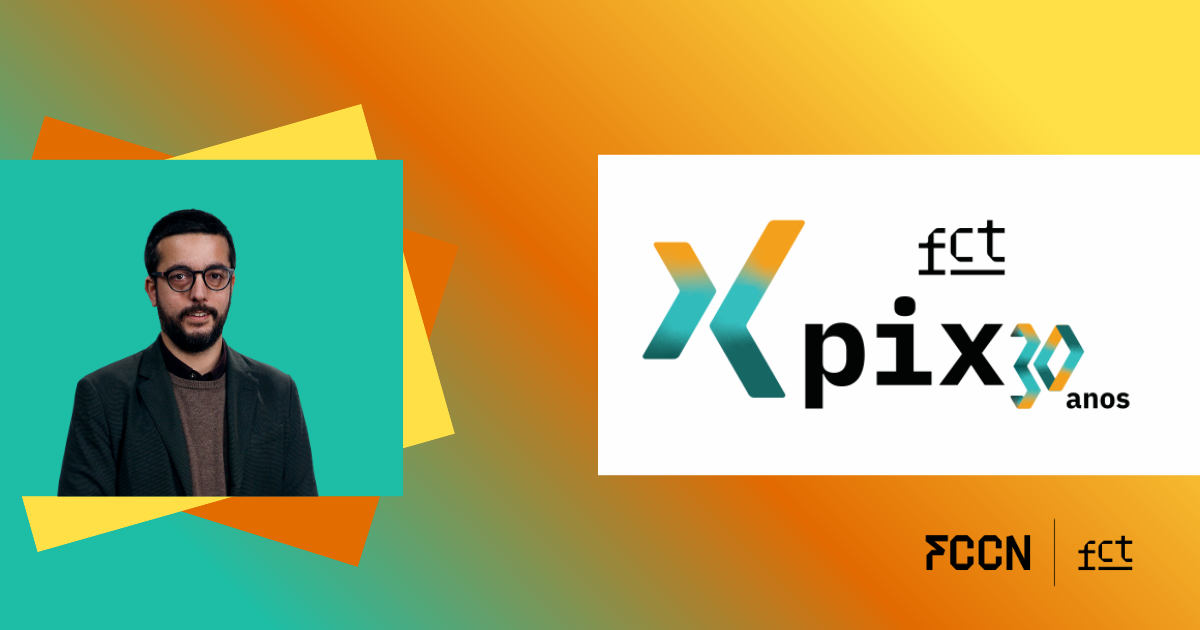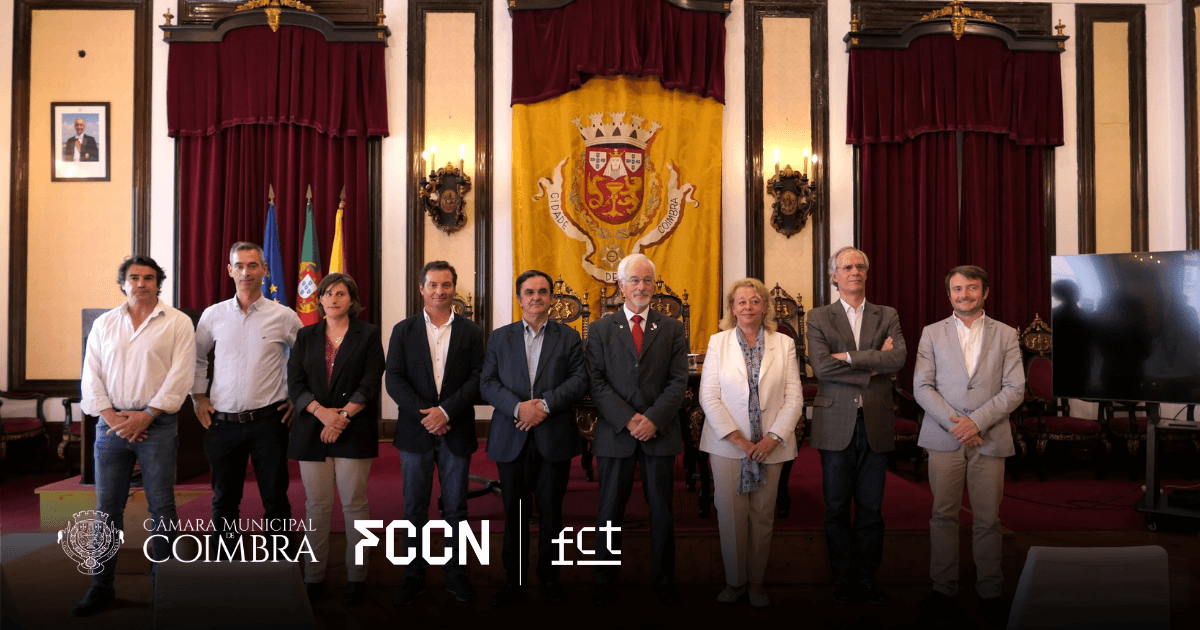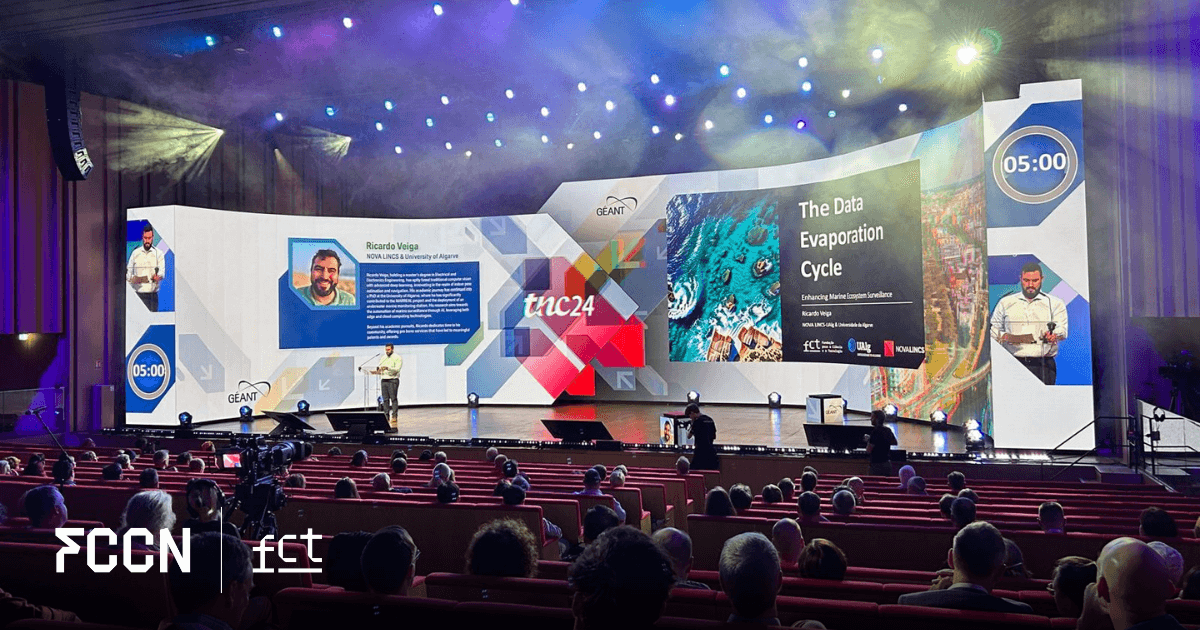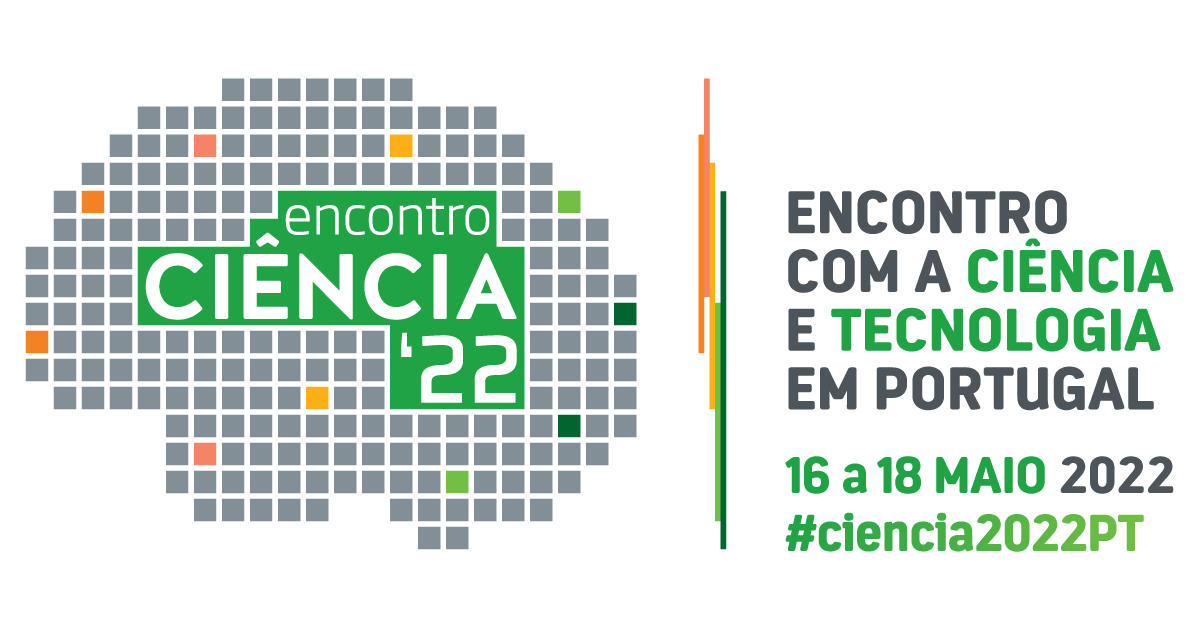The University of Trás-os-Montes and Alto Douro (UTAD) describes the recent activation of the RCTS connection at 100 Gbps*, within the scope of the RCTS 100 project, as "absolutely essential." In an interview, the Vice-Rector for Innovation, Technology Transfer, and Digital University at this higher education institution, João Manuel Pereira Barroso, highlights the various dimensions in which this change will impact.
What is the significance and impact of activating the University of Trás-os-Montes and Alto Douro's connection to the national 100 Gbps teaching and research network?
THE University of Trás-os-Montes and Alto Douro develops its activities along the three classic lines of teaching, research, and community outreach. Each of these lines has specific needs for access to online services, which can only be used effectively with an adequate network speed. Activating a 100 Gbps connection provides this connectivity and is absolutely essential to enhancing the university's activities.
What practical examples can be given of this impact with regard to teaching activities?
In terms of teaching activities and the student community, it's common to use mobile devices, such as laptops and smartphones, at a ratio of two devices per student. This requires a network capable of connecting and managing all these devices, and also capable of providing sufficient bandwidth for all. Currently, students' usage profile heavily relies on accessing cloud services and multimedia content (such as high-quality videos), which naturally requires a significant amount of aggregate bandwidth.
And in relation to the dimension of scientific research?
In scientific research, online access to scientific output, such as scientific publications and the b-on service, has transformed the way some aspects of the research process are conducted. Searching and downloading full-text content, which replaces the old library trip, is indeed very convenient and efficient, but it also relies on a high-speed internet connection. The UTAD academic community relies heavily on the quality of this connection to successfully conduct scientific research projects and activities.
Across teaching and research, there are all management processes (such as classes, juries, project management, etc.), which are now heavily service-based. cloud for information storage and management, and in online collaboration services such as Colibri/Zoom and Microsoft Teams. These services enhance process efficiency and, by their nature, are also only viable with this network connection.
There are still new possibilities opening up in the field of Advanced Computing. Why?
Integrating UTAD National Advanced Computing Network (RNCA), the activation of the 100Gbps connection opens up new possibilities for the interaction between its Competence Center and Advanced Centers. This particularly applies to research and development projects, which, because they handle large amounts of data and require high computing power, are greatly enhanced by this high-speed, low-latency connection. Activating this connection impacts the University's mission, promoting the dissemination of innovative scientific knowledge and being an important factor in territorial cohesion.
What is the importance and impact of the FCCN Unit's digital services and projects on the daily lives of the UTAD community?
If we understand the connection to the network as a utility, in the same terms as the availability of electricity or running water, the question no longer arises in terms of the benefits of this service. It arises in terms of the impossibility of operating without it. The network, in itself, is something ubiquitous that provides access to electronic services. These are the ones that truly impact the daily lives of the UTAD community.
In recent years, some services have become essential. I highlight the portal SCIENCE VITAE, which allows researchers to be identified and greatly simplifies the management of scientific projects and b-on, which, through contractual access, allows the academic community to access scientific publications, access to knowledge, and the development of scientific research.
I also highlight eduroam, which simplifies the mobility of students and faculty within the academic world in a transparent and ubiquitous manner, as well as Colibri, which, in recent years of the pandemic, has established itself with the Portuguese university's videoconferencing tool, creating new habits and new ways of doing things that are definitely here to stay.
Finally, there is also a set of services, which are not the direct responsibility of the FCCN Unit, but can be effectively used thanks to the infrastructure and network connection, which are the collaboration services in cloud, such as Office 365.
* Project co-financed by the Operational Technical Assistance Program, Portugal 2020 and the European Union, through the European Regional Development Fund.












